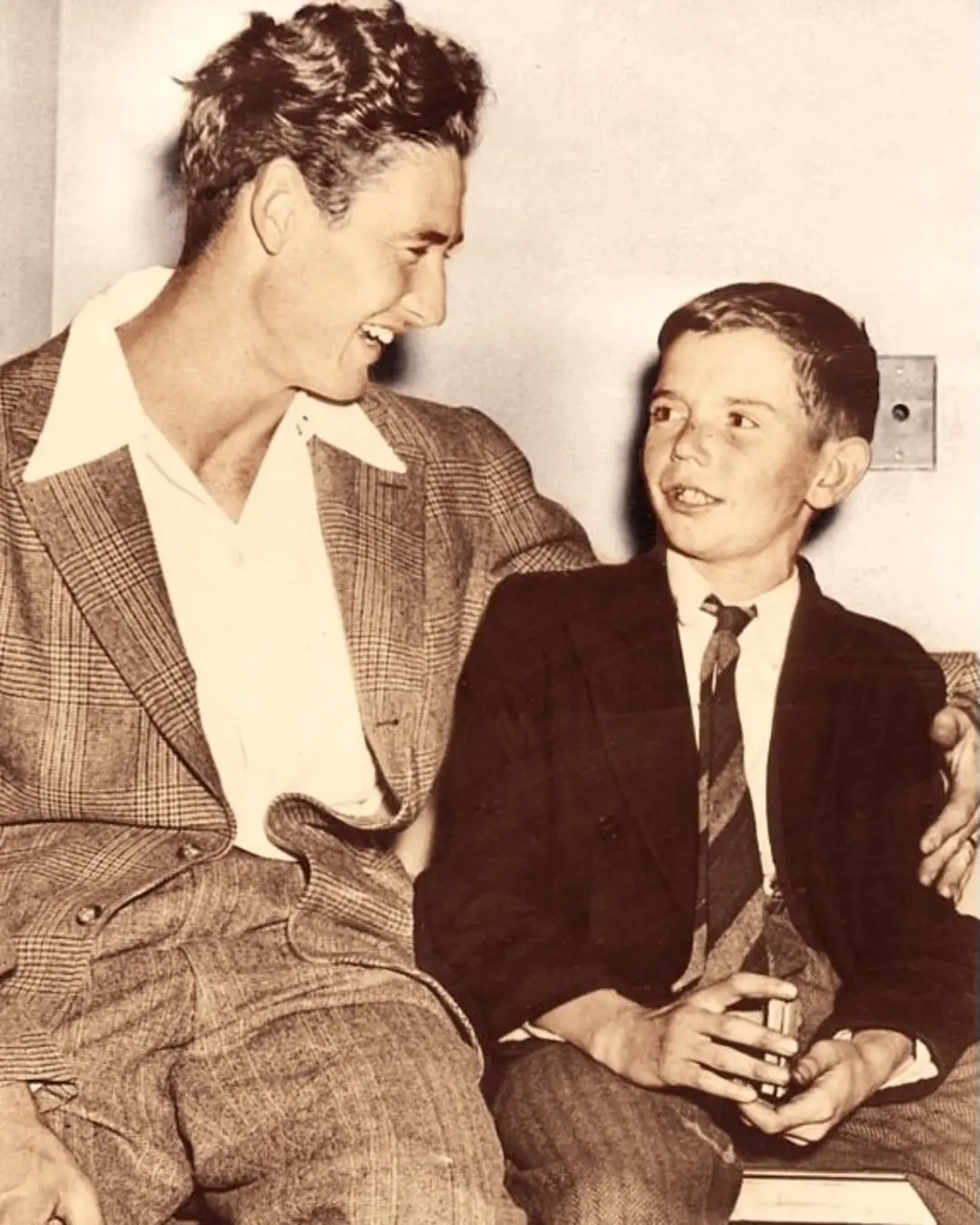
The Lesson by the Lake: A Mother Bear’s Love That Teaches Survival.
The Lesson at Kuril Lake
The air was crisp and clean, tinged with the faint scent of pine and cold water. Kuril Lake shimmered beneath the pale northern sun, its surface rippling like polished glass. In the distance, a thin veil of mist rose and swirled above the water — the breath of an ancient giant, exhaled into the endless sky.
On the stony shore, framed by the vast wilderness of Kamchatka, a mother bear stood poised at the water’s edge. Her reflection quivered on the lake’s mirror-like surface, briefly whole, then scattered by a breeze. Just behind her, three cubs waited — soft, round, and slightly awkward, their fur still carrying the fluff of infancy. Their paws looked oversized, comically so, as if they hadn’t yet learned how to wear their own bodies.
And yet, in their eyes burned an alertness, a brightness that betrayed their youth. Every muscle of their small frames leaned forward, attuned to the rhythm of their mother’s movements. She was everything: the center of their small universe — protector, teacher, and the fragile line between life and death in this raw land of ice and fish.
Without a sound, the mother stepped forward. Muscles rippled beneath her thick coat as the cold lake water broke against her legs. For a heartbeat, she stood still, the very image of patience carved in fur and strength. Then, in one fluid motion, she raised her paw and struck — a blur of precision honed by generations.
A flash of silver burst through the surface: a salmon, caught mid-leap, glinting like a living shard of light.
The cubs reacted as only the young can. They gasped — or seemed to — rising onto their hind legs, tiny heads tilted, eyes wide with wonder. To them, this was pure sorcery, the world bending to their mother’s will. To her, it was instinct — a memory written not in words, but in the bones and blood of her kind.
A few dozen meters away, photographer Sergey Ivanov watched in reverent silence from his small boat. His camera clicked softly, capturing the alignment of generations — the cubs lined like pupils before their teacher, their mother an ancient professor of survival.
“Their reactions were incredible,” Ivanov recalled later. “You could see emotion — curiosity, excitement, even pride — shining through those little faces. It felt almost human.”
Around them, the lake pulsed with life. The air vibrated with sound: the rhythmic slap of fins breaking water, the echoing cries of gulls wheeling overhead, the soft rustle of wind whispering through the tall tundra grass. At the mouth of the river, other bears gathered, each family tracing its own rhythm. Mothers and cubs, solitary males, elders scarred from countless seasons — all connected in an unspoken harmony, a wild symphony of hunger and endurance.
Yet none of it held the quiet magnetism of this moment — one mother, three cubs, and the silent language of survival unfolding at the water’s edge.
For hours, the ritual continued. She fished, taught, and fed with tireless devotion. Each time she wrested a salmon from the lake’s shimmering depths, the cubs crept closer, their movements careful, hesitant, reverent. When she tore small pieces of flesh for them, they waited, each taking its turn as though understanding a sacred order: mother first, then the little ones.
In their clumsy way, they were learning more than how to catch fish. They were learning patience, balance, and respect — the first rules of wilderness etiquette.
Ivanov has returned to this remote corner of Kamchatka for more than two decades, ever since his first visit in 1995. He has watched generations of bears rise and fall — cubs growing into hunters, mothers aging into matriarchs, new lives beginning where old ones fade.
And still, he says, the wonder never leaves him.
“Even after all these years,” he admits, “the bears are still my favorite to photograph. Their emotions, their family bonds — they remind me how nature mirrors us. We think we’re so different, but we’re not. The same love, the same fear, the same instinct to protect what we care about — it’s all there, written in their eyes.”
As the sun began its slow descent, the light softened to liquid gold, spilling over the lake like a blessing. The cubs grew drowsy, their earlier excitement replaced by the heavy calm of contentment. One found a piece of driftwood and gnawed at it lazily; another splashed at the shallows, mimicking its mother’s hunting motions in playful imitation.
When the day’s lesson was done, the mother turned toward the forest — a dark line of spruce and alder rising beyond the shore. She glanced back once, as if to count her young, then began her slow, steady walk home.
The cubs followed in perfect rhythm, three small shapes moving through the fading light, their trust absolute and unshakable.
From his boat, Ivanov lowered his camera. The moment had passed, but its echo lingered — a soft ache of beauty and truth. What he had witnessed was not simply a hunt, but a generational prayer — a lesson taught without words, carried forward through instinct and love.
Because here, in this vast wilderness where hunger never sleeps and winter always waits, the warmest thing is still a mother’s love. It burns quietly beneath the cold sky, a small, fierce light against the immensity of nature — proof that even in the harshest places on Earth, tenderness endures.
News in the same category


A Waitress Named Susie and the Night Kindness Stole the Spotlight
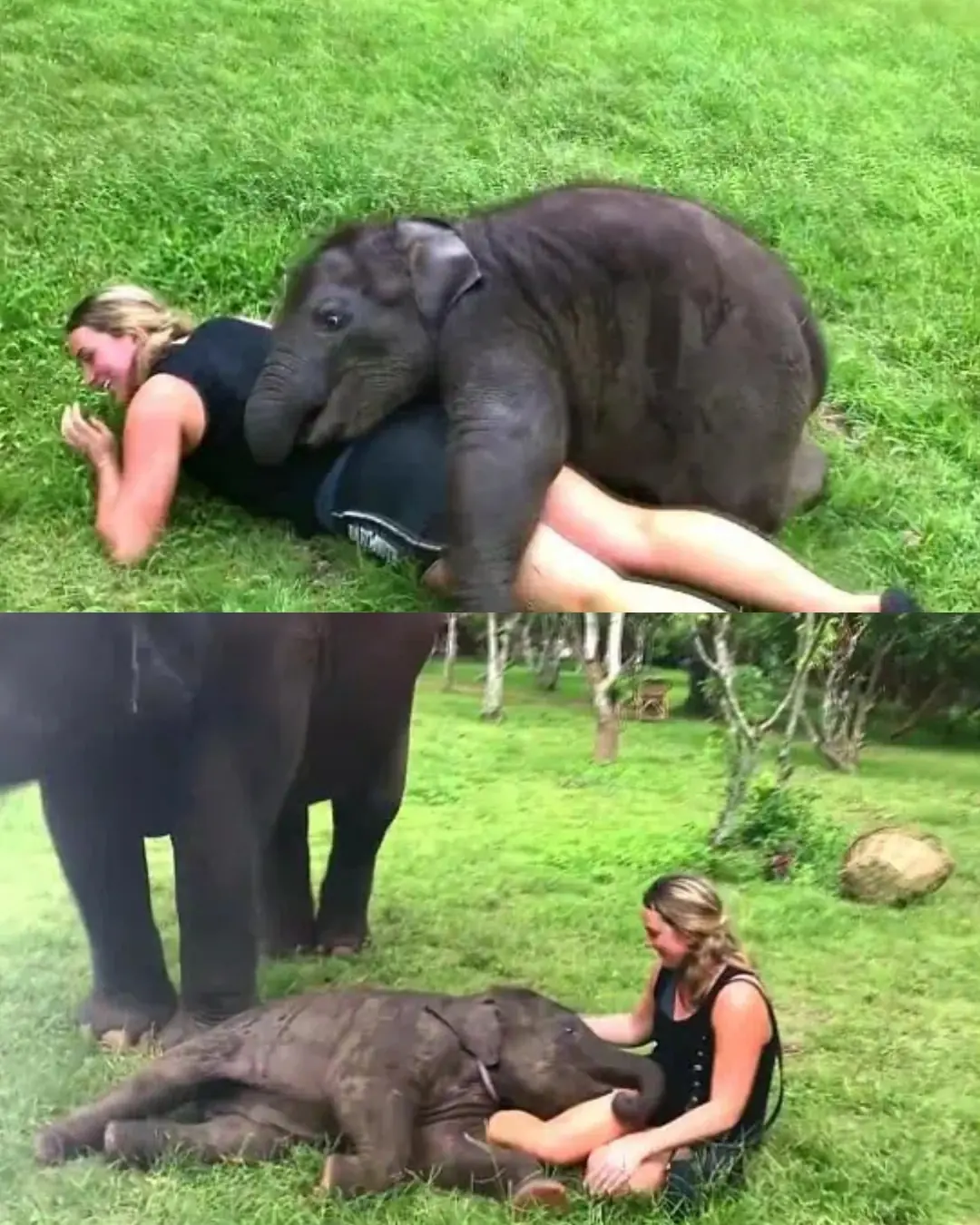
A Moment of Joy: How a Playful Baby Elephant Stole Everyone’s Heart
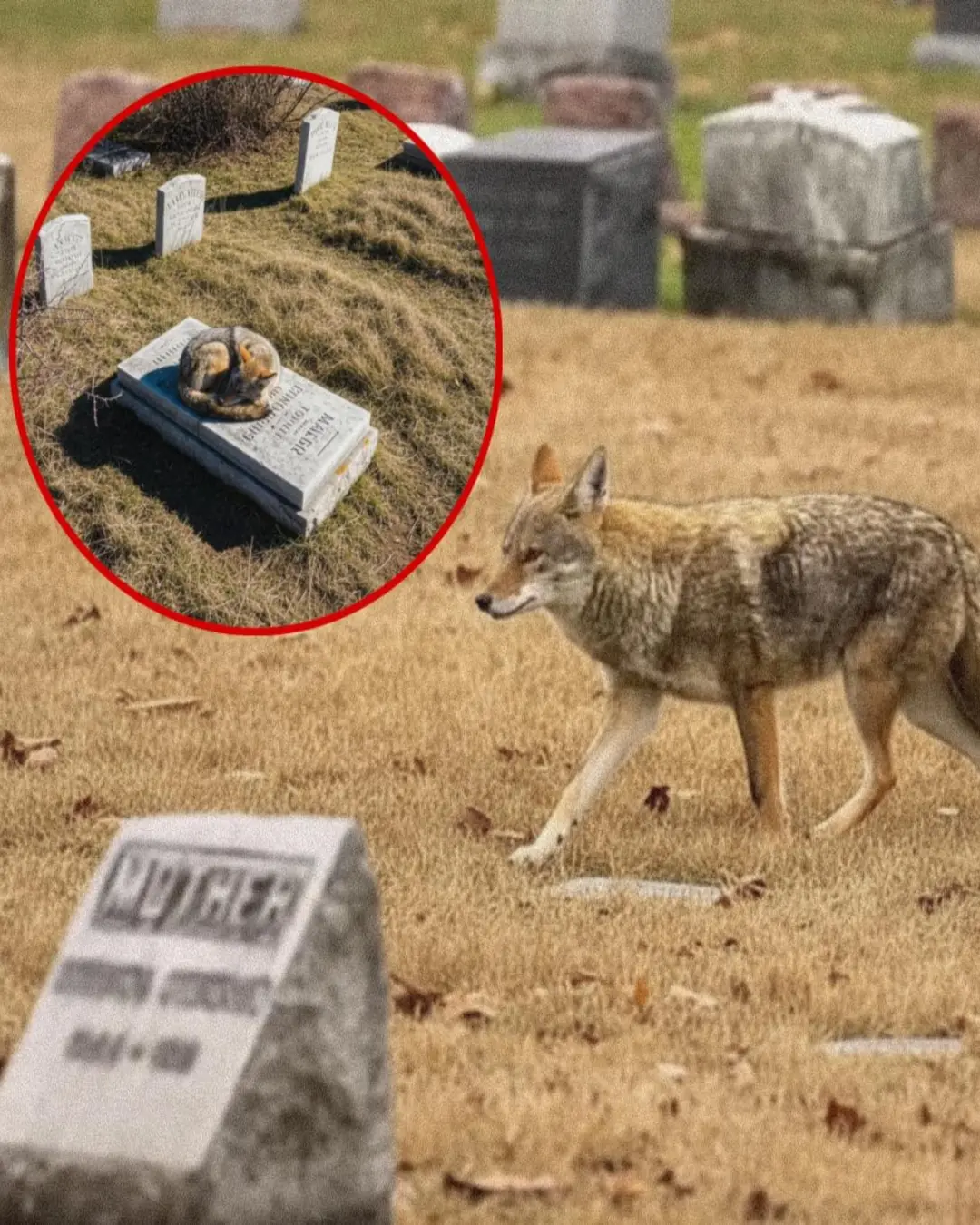
The Coyote at the Grave: A Bond That Survived Fire and Time
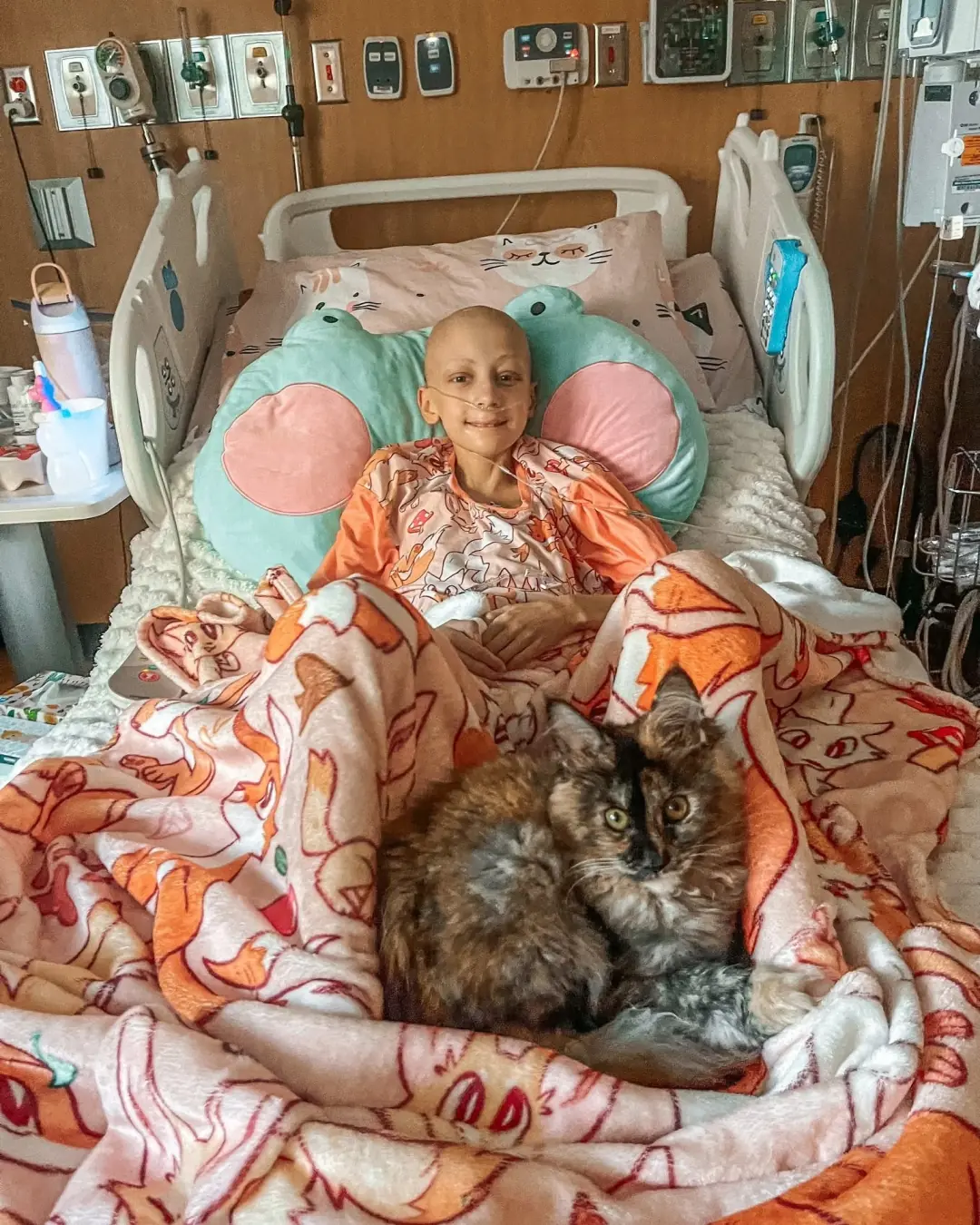
Sasha’s New Chance: A Journey of Courage, Pain, and Hope
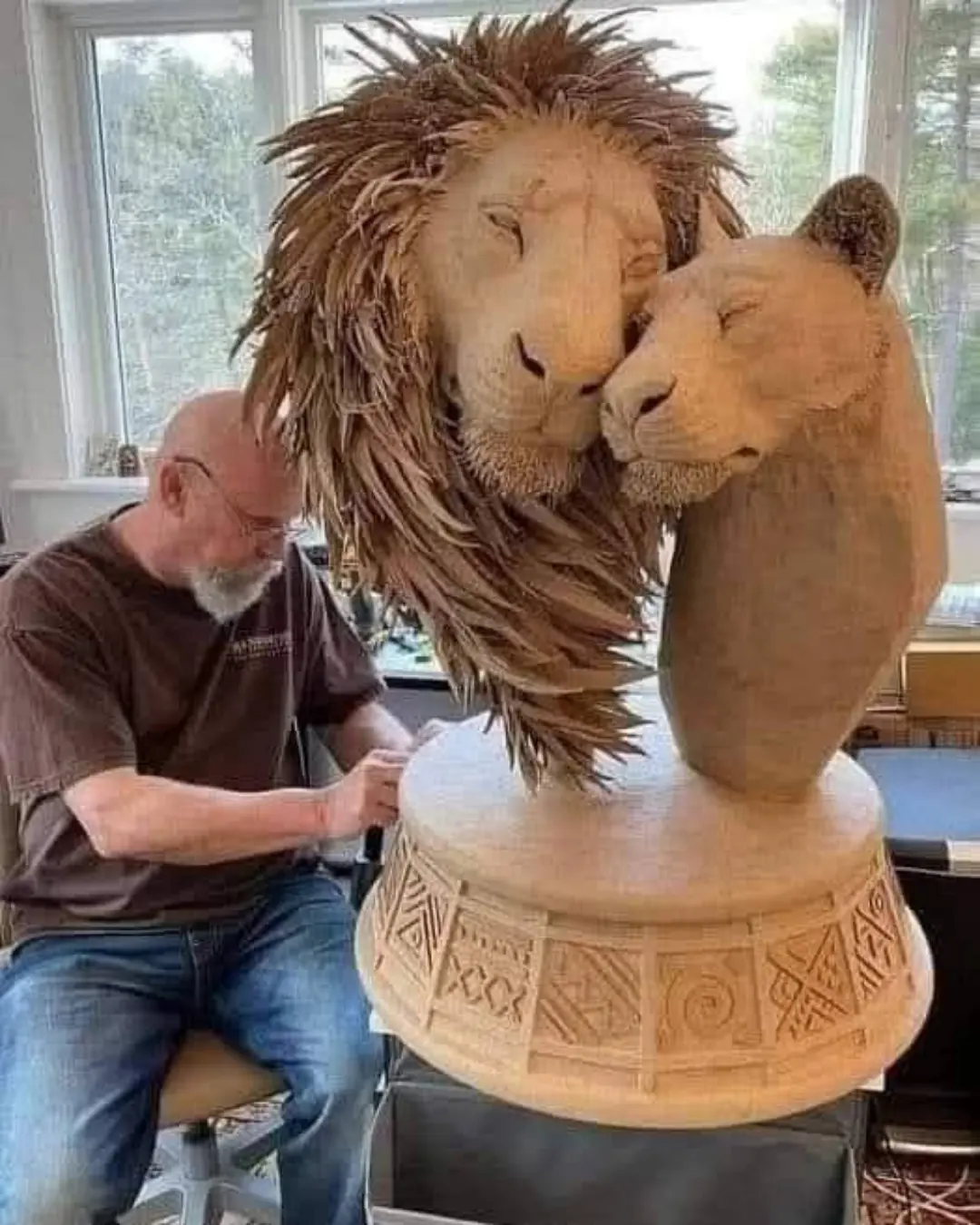
Devotion: The Lions Made of Love and Cardboard.
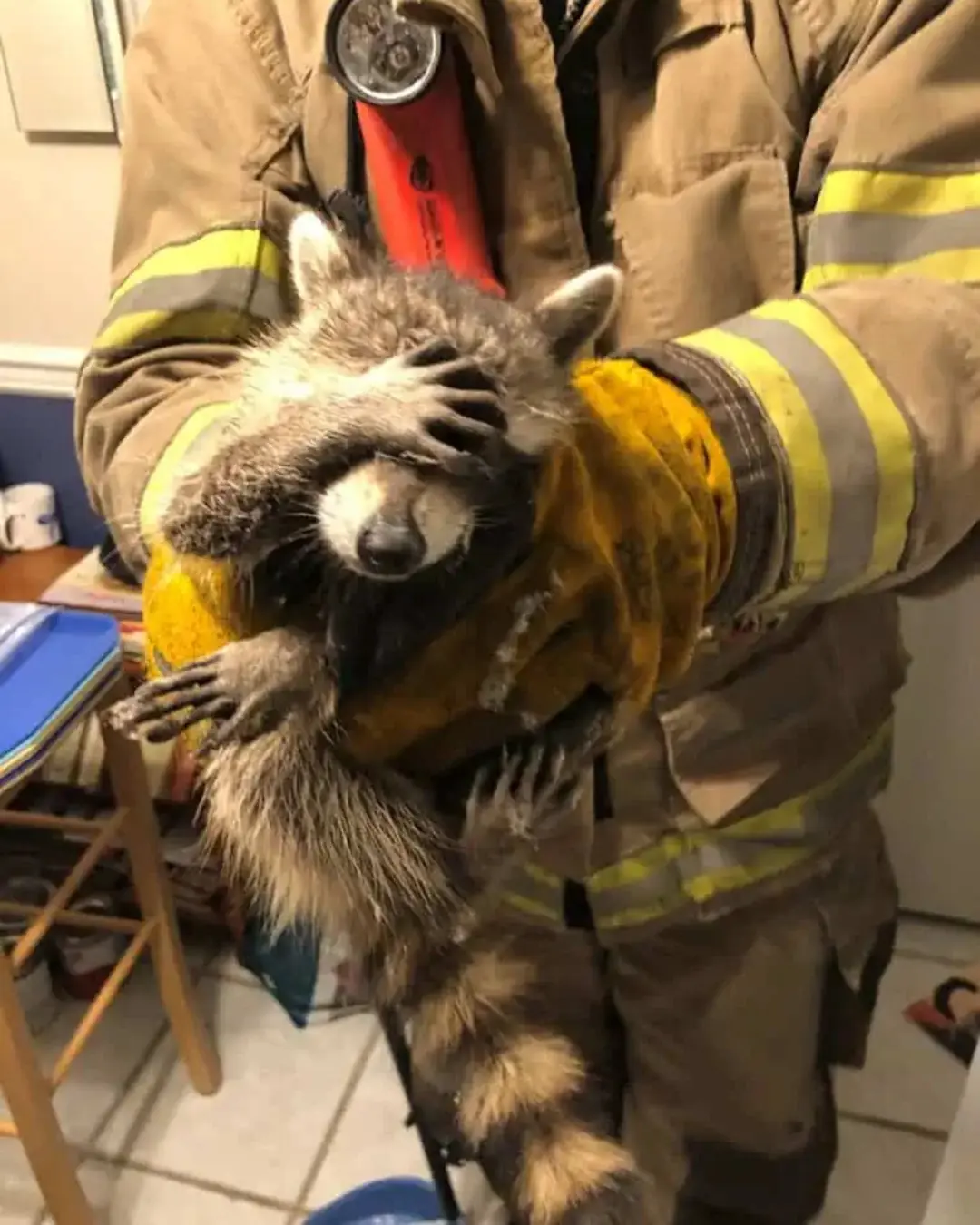
The “Guilty” Raccoon Who Stole Hearts Instead of Snacks.

A Metro Ride, a Meltdown, and a Miracle: How One Officer Turned a Child’s Worst Day into a Moment of Kindness the World Will Never Forget.
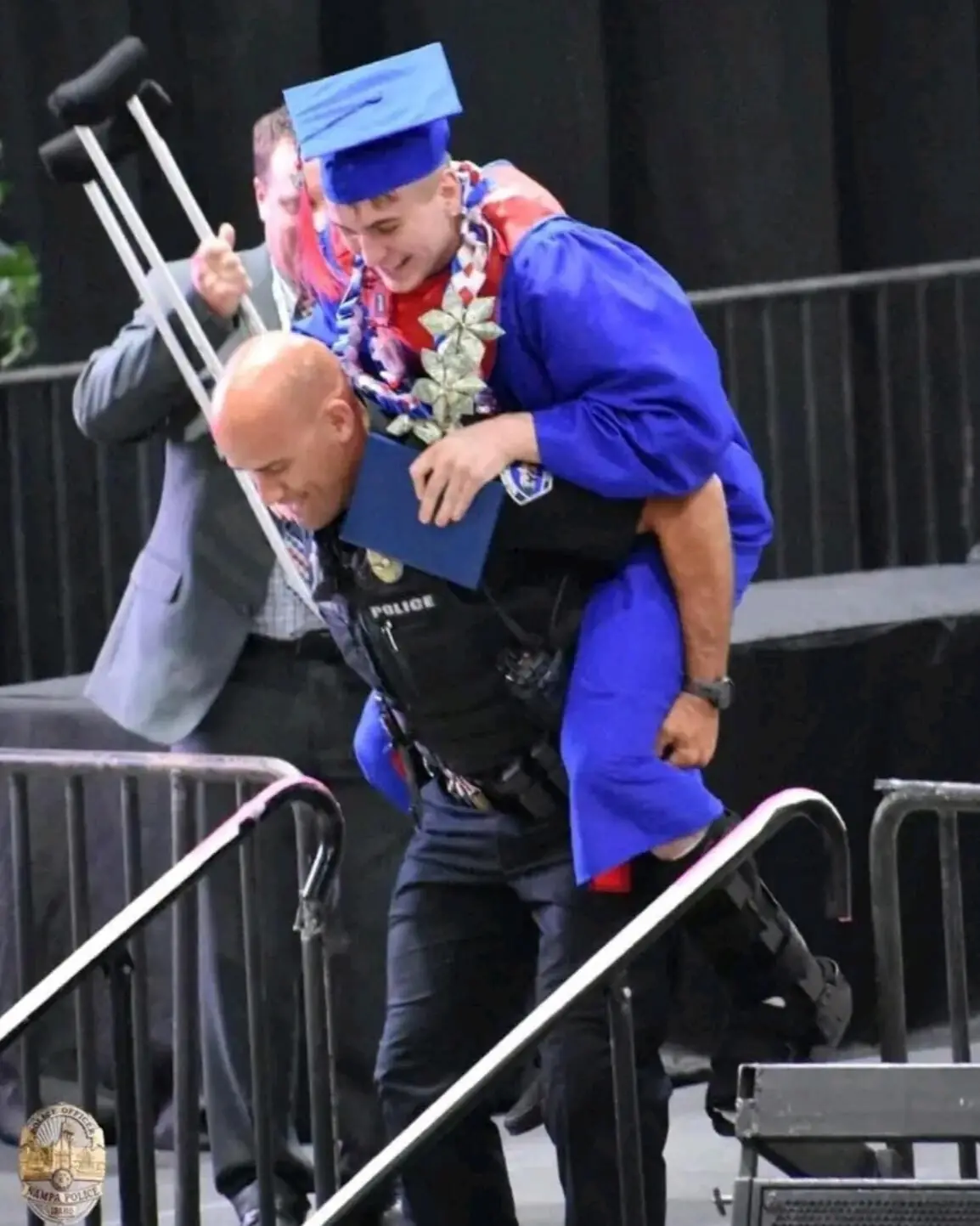
A Graduation to Remember: When a Police Officer Carried a Student Across the Finish Line.
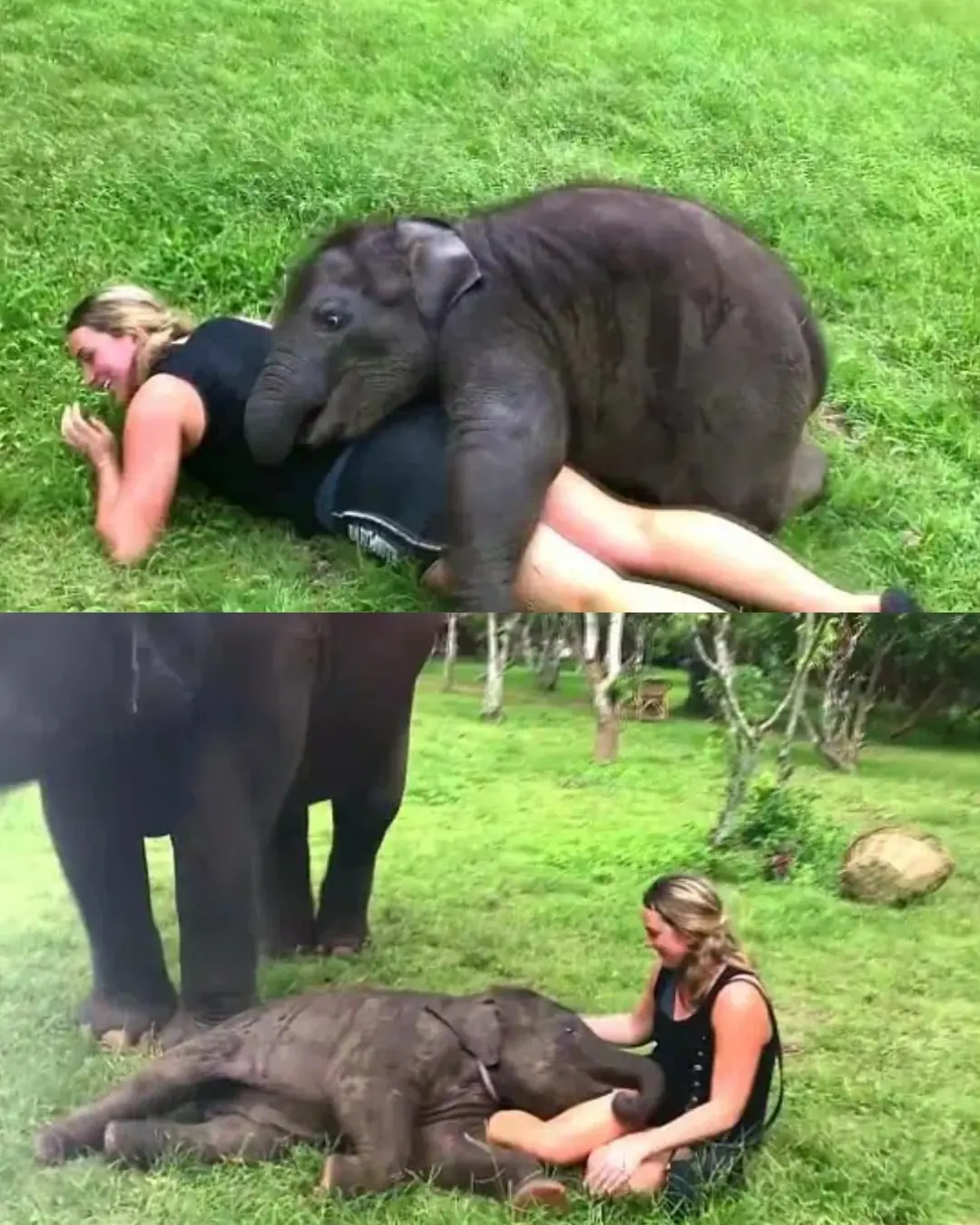
A Moment of Joy: How a Playful Baby Elephant Stole Everyone’s Heart.
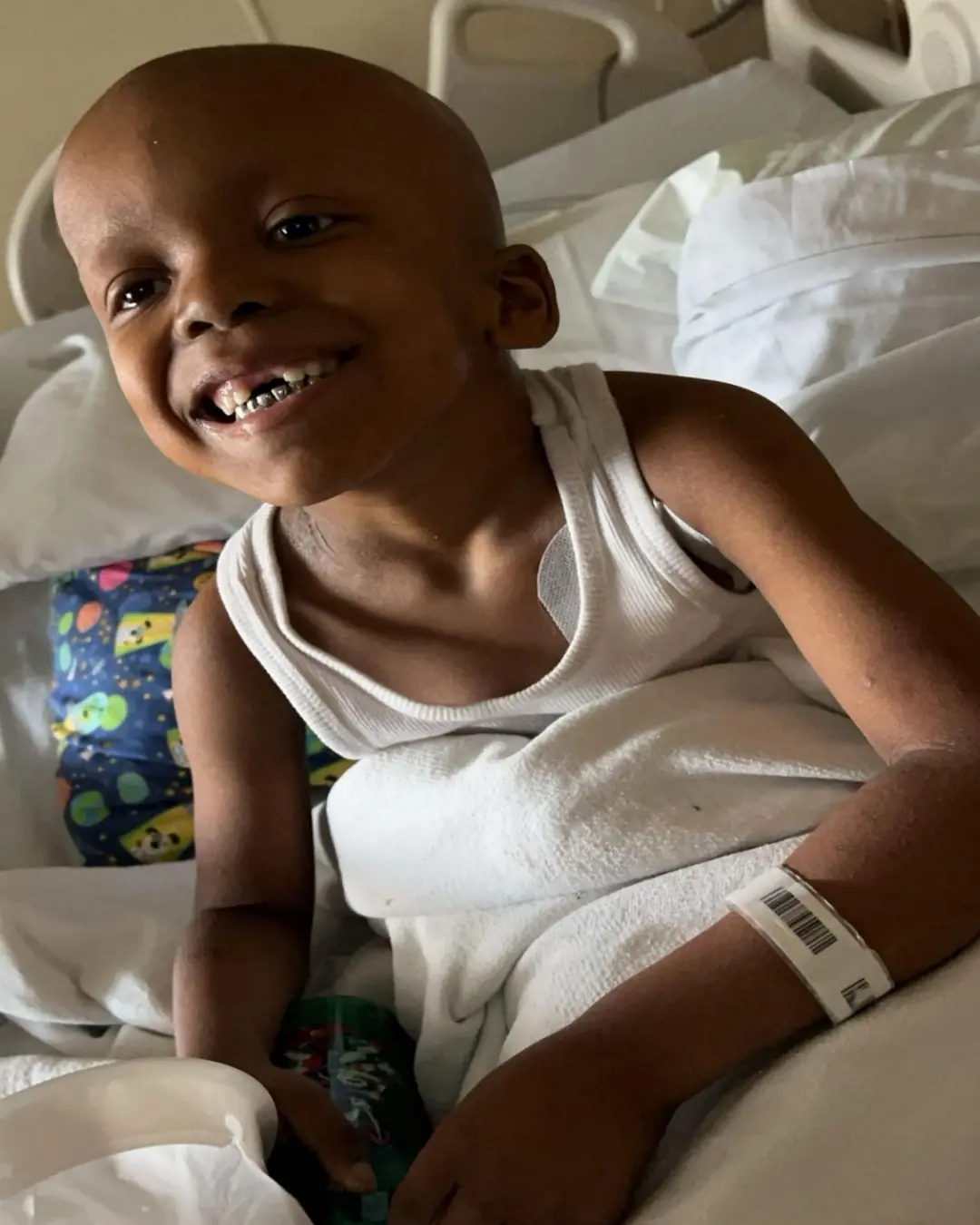
Holding On for a Miracle: Keontae McKinnon’s Brave Fight

A Homecoming Marked by Grief and Gratitude: The Corley Family’s Journey

From Shelter to Service: The Incredible Journey of K-9 Ron
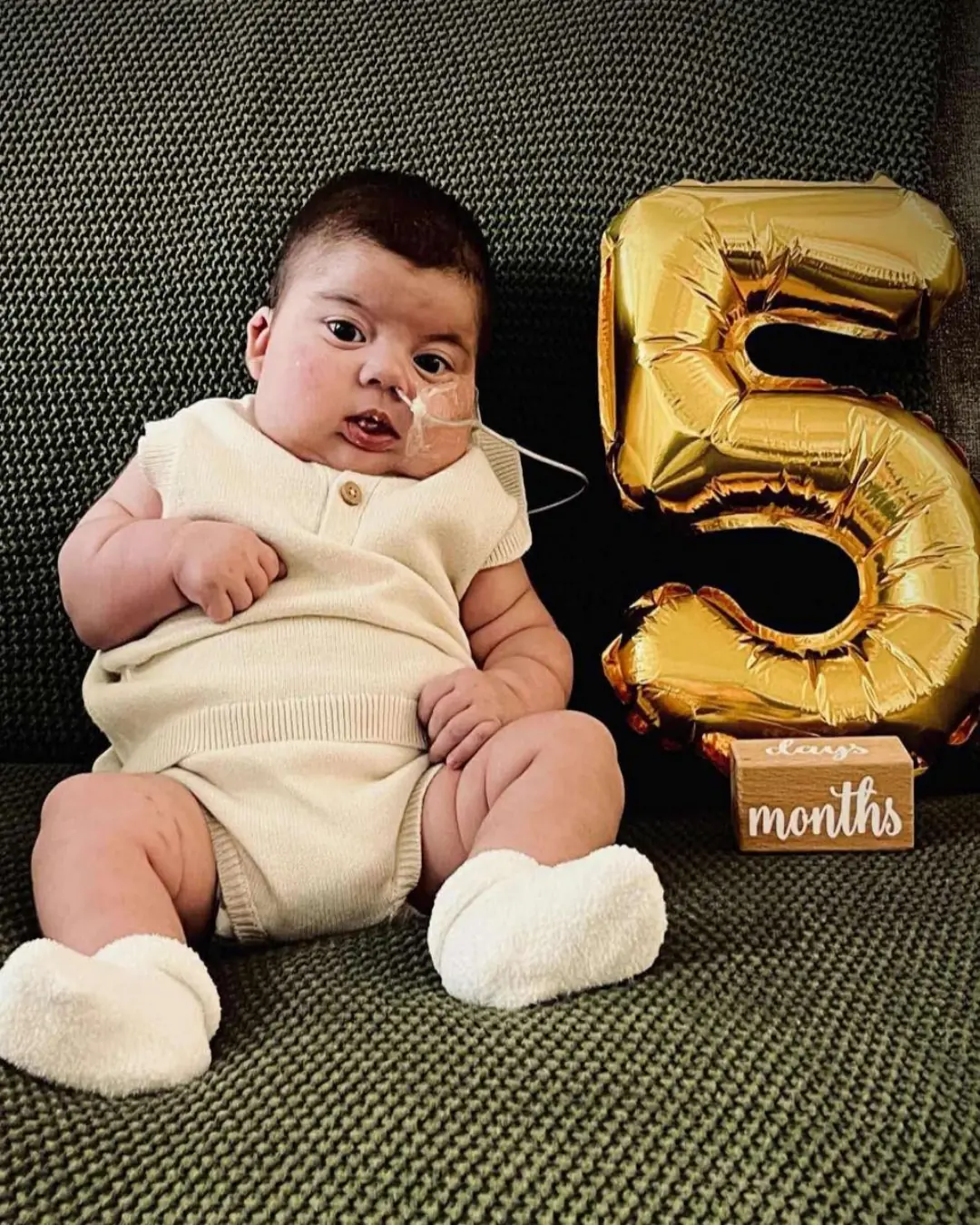
My Journey to Motherhood: Graham’s Story

Ugur’s Fight: A Young Boy Battling for Life
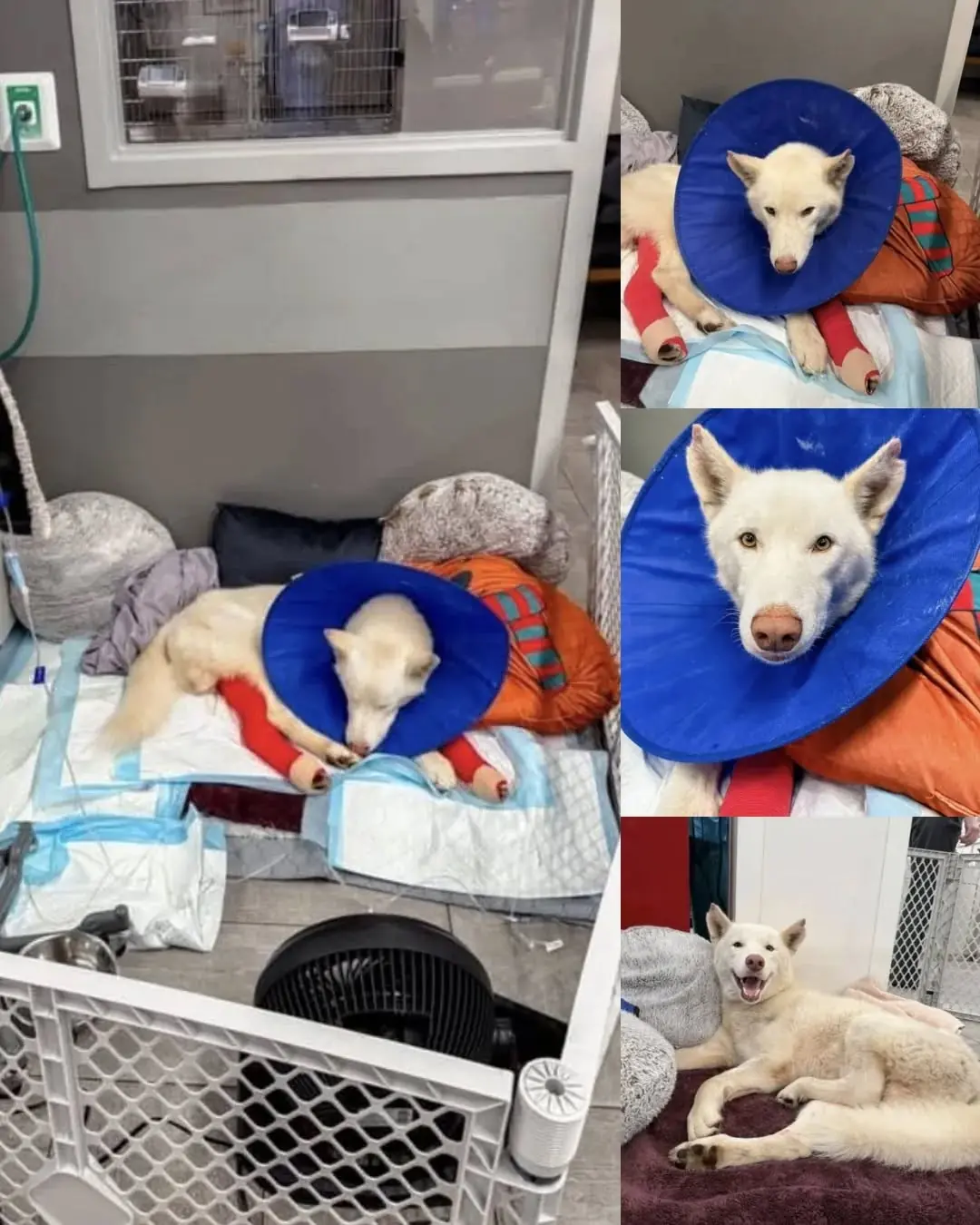
Hutch’s Second Chance: A Survivor of Cruelty Finds Hope and Healing

Struck by Lightning, Still Standing: Craig Morris’ Fight to Live Again
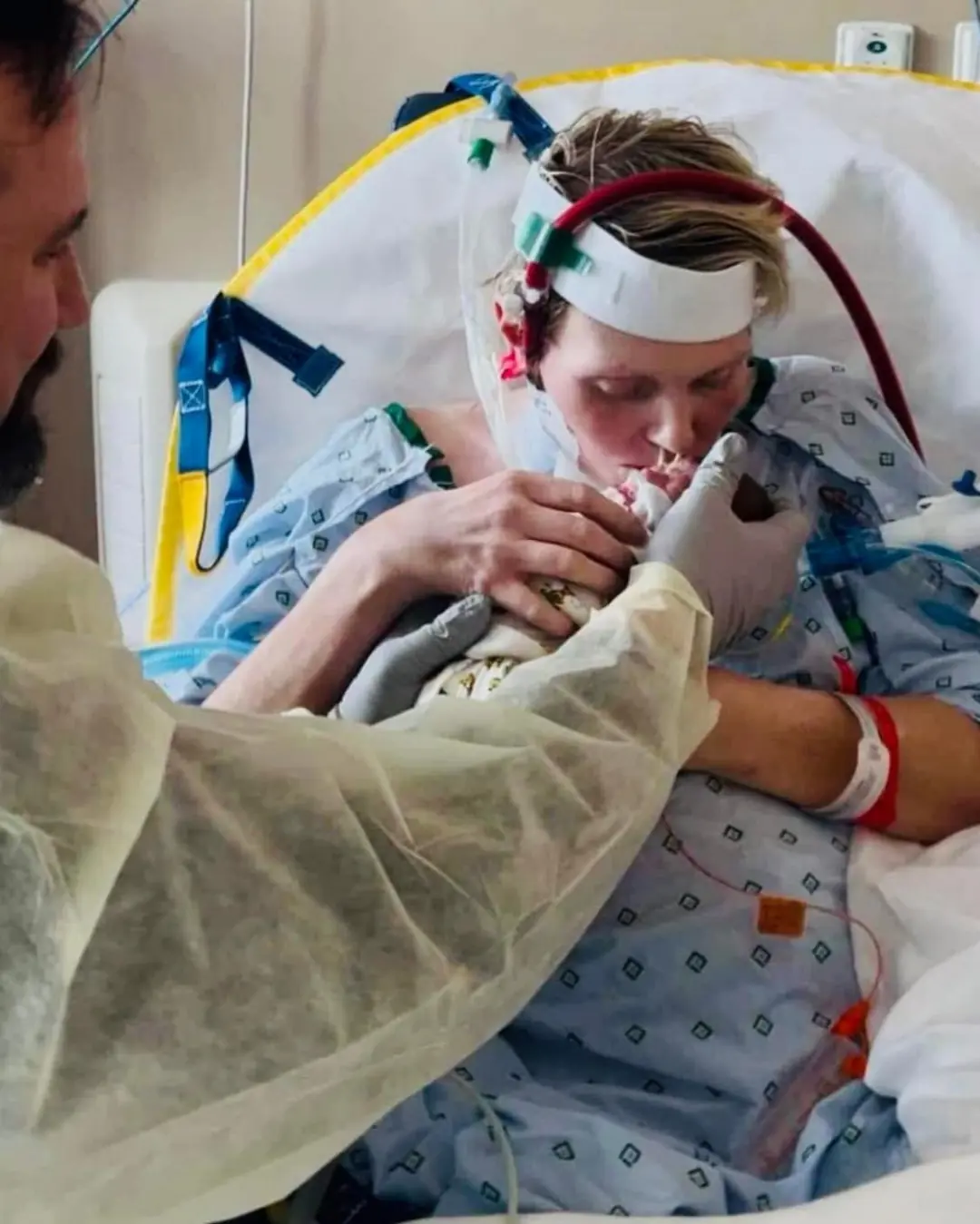
The Most Amazing Homecoming: A Mother, A Baby, and a Miracle of Survival
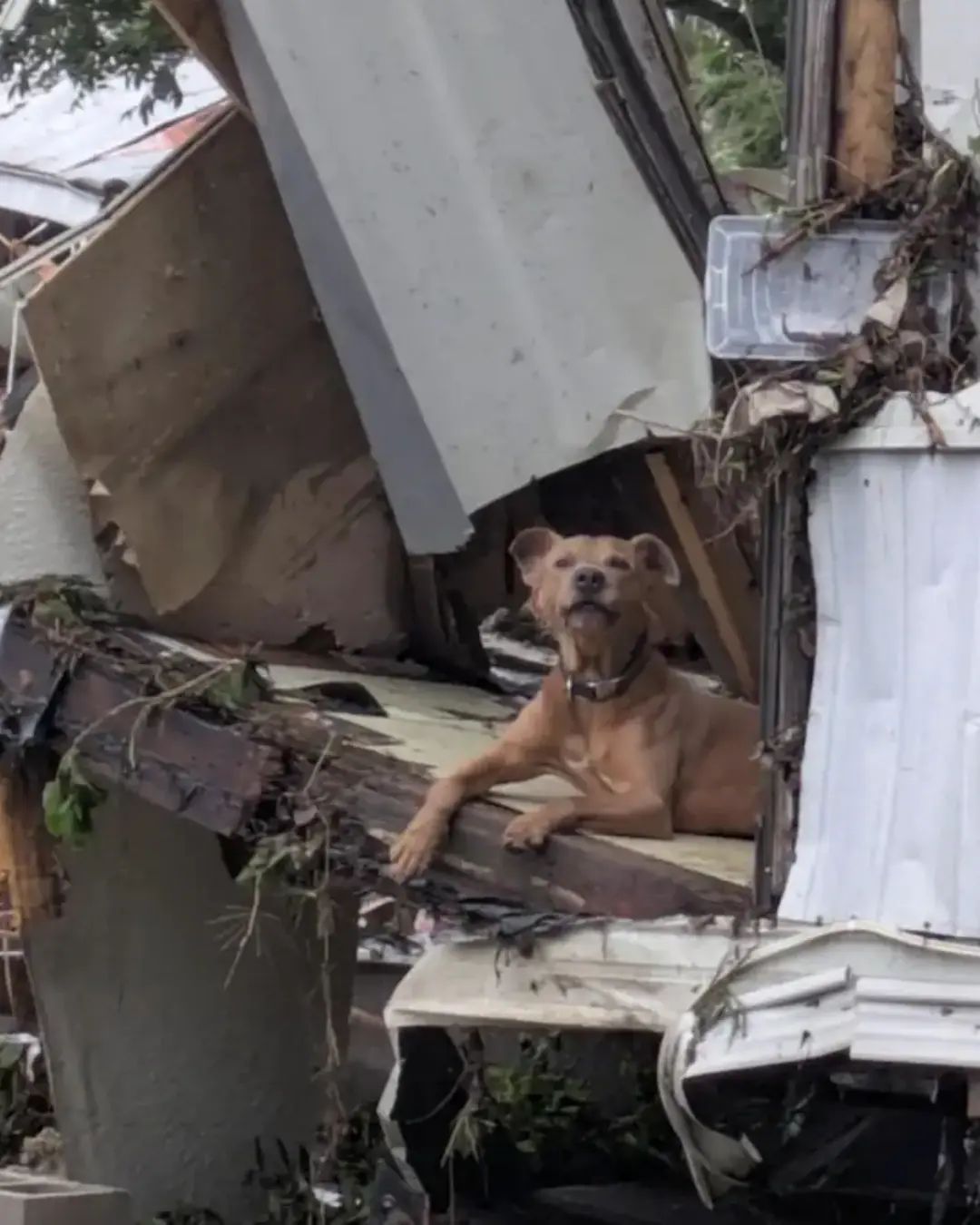
Superman the Flood Survivor: The Dog Who Waited in the Wreckage for the Family He Lost
News Post

The Boy Who Hitchhiked 250 Miles to Meet His Hero.

A Waitress Named Susie and the Night Kindness Stole the Spotlight

A Moment of Joy: How a Playful Baby Elephant Stole Everyone’s Heart

The Coyote at the Grave: A Bond That Survived Fire and Time

Sasha’s New Chance: A Journey of Courage, Pain, and Hope

Devotion: The Lions Made of Love and Cardboard.

The “Guilty” Raccoon Who Stole Hearts Instead of Snacks.

A Metro Ride, a Meltdown, and a Miracle: How One Officer Turned a Child’s Worst Day into a Moment of Kindness the World Will Never Forget.

A Graduation to Remember: When a Police Officer Carried a Student Across the Finish Line.

A Moment of Joy: How a Playful Baby Elephant Stole Everyone’s Heart.

Meet Demi Johnson, the Teen Scientist Helping Restore Oyster Reefs in Mississippi

Holding On for a Miracle: Keontae McKinnon’s Brave Fight

A Homecoming Marked by Grief and Gratitude: The Corley Family’s Journey

From Shelter to Service: The Incredible Journey of K-9 Ron

Detroit Couple Celebrates Their 75th Wedding Anniversary And Credit Communication As The Key To A Lasting Marriage

This Mom Got Illinois To Sign A Law Banning Hair Discrimination In Schools

These Multilingual Siblings Have Created A Virtual Academy To Teach People How To Speak Other Languages

This Mother and Daughter Got The Chance To Serve On The Same U.S. Navy Ship Together
